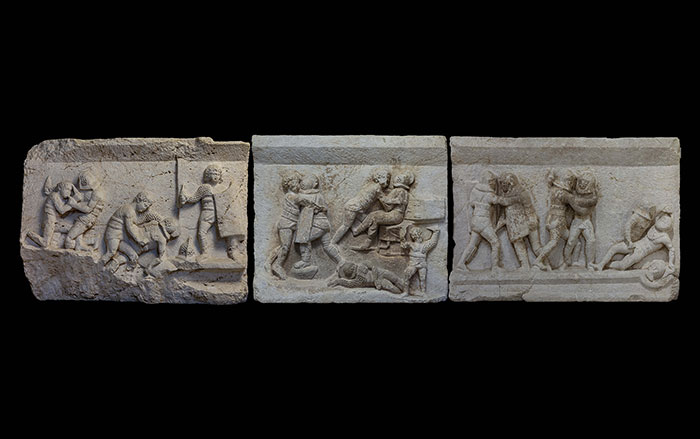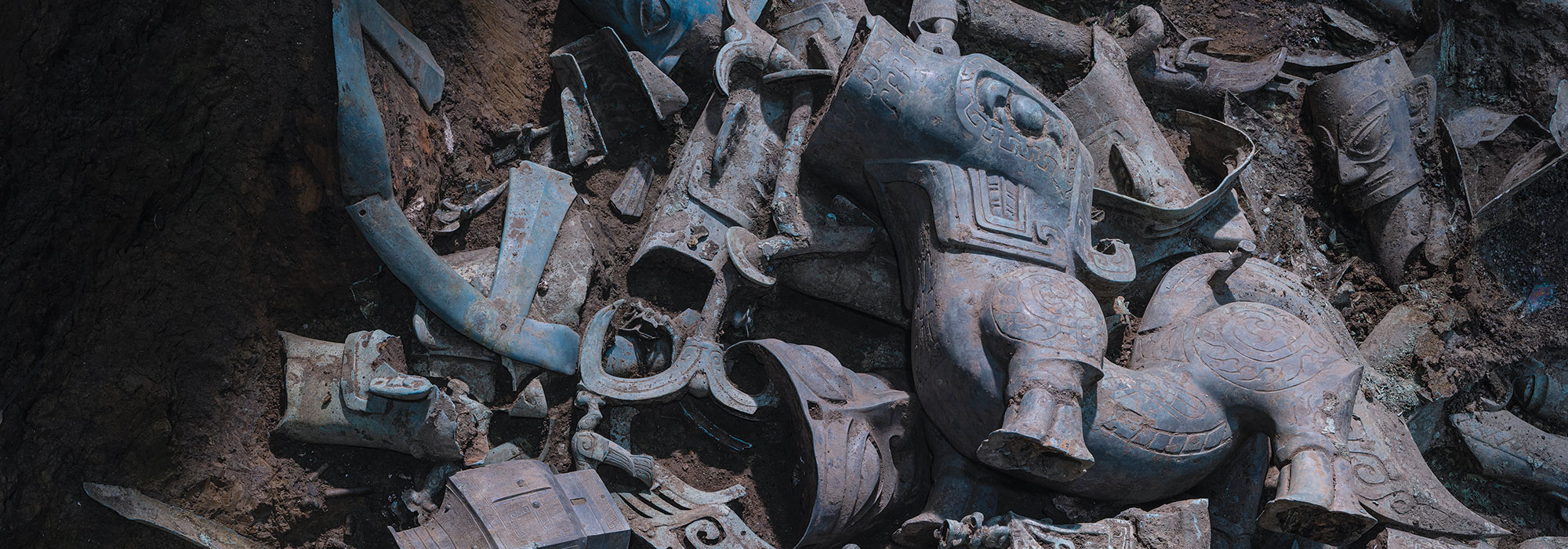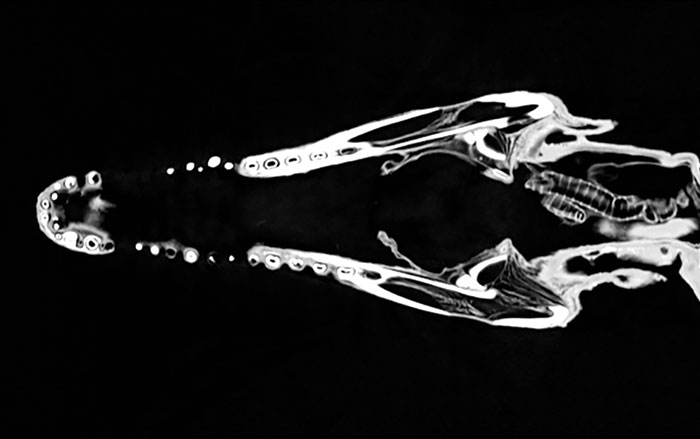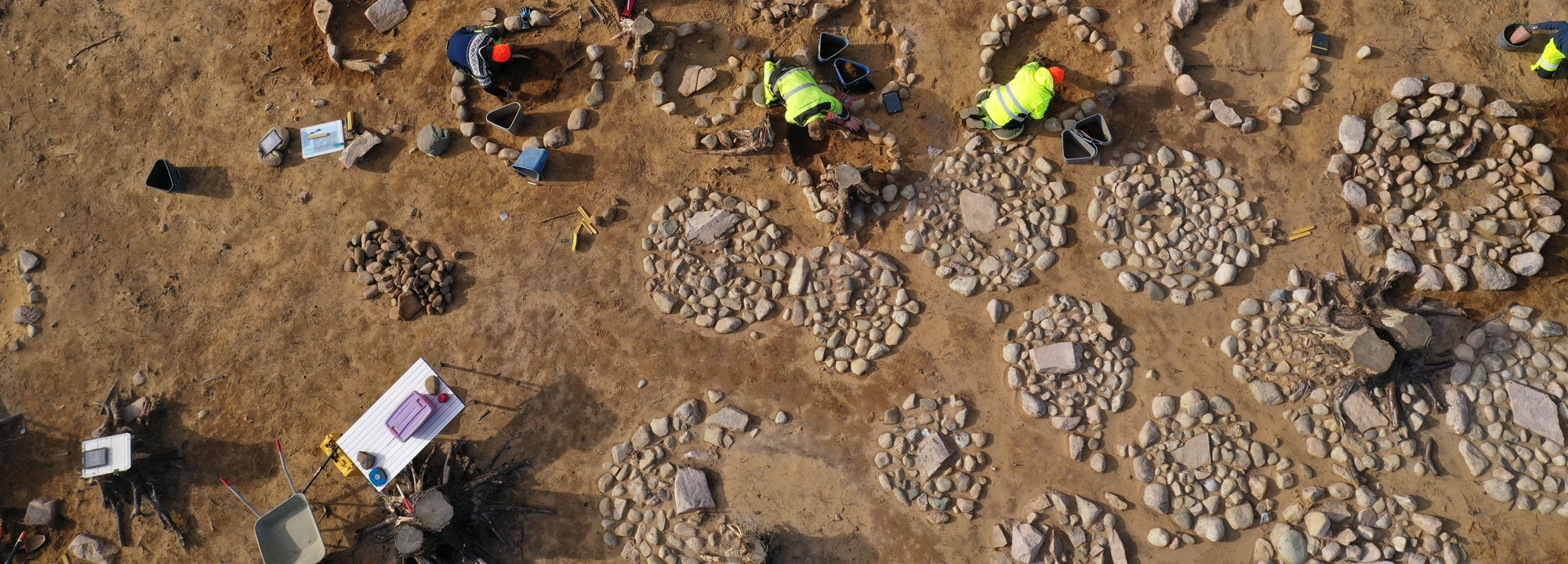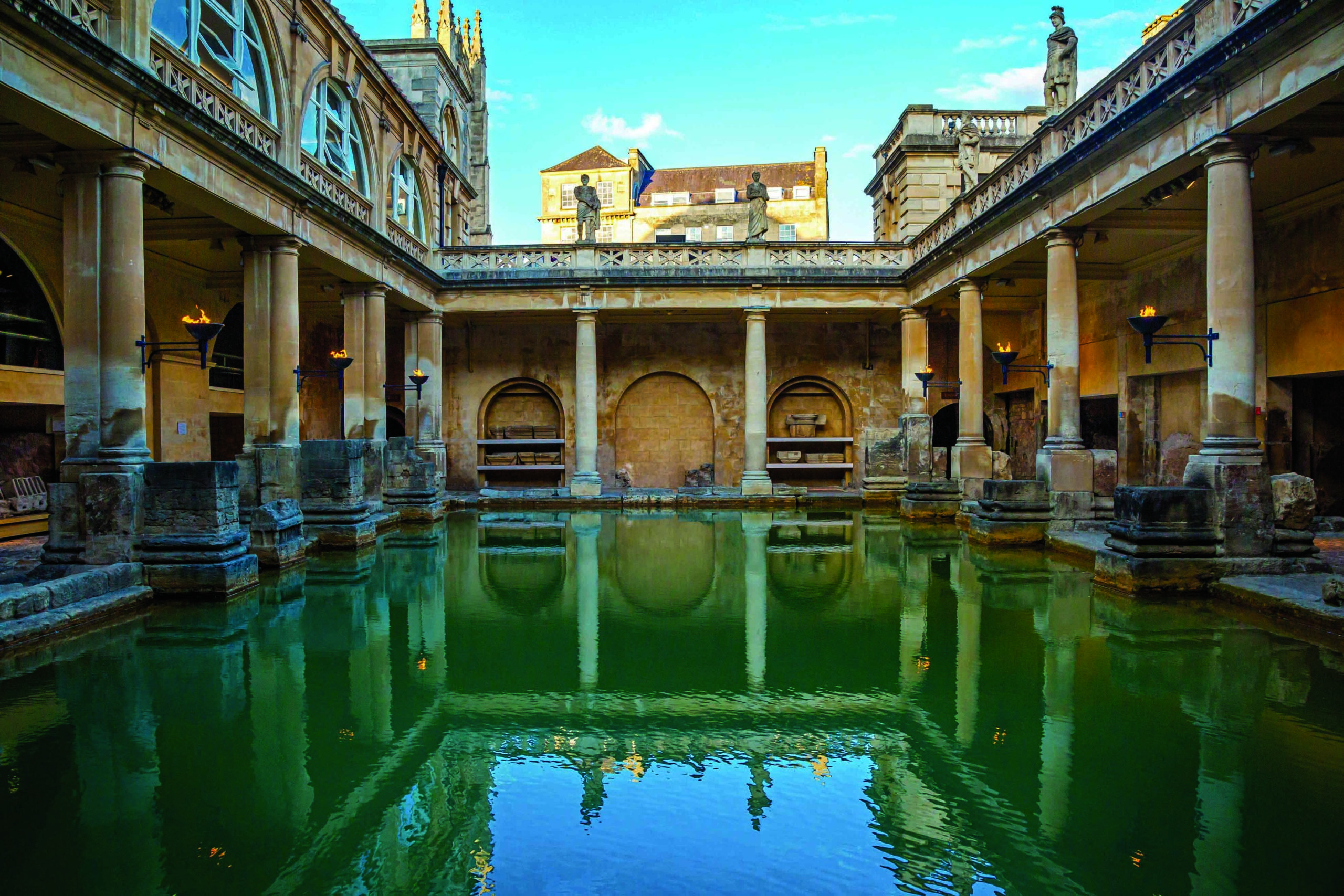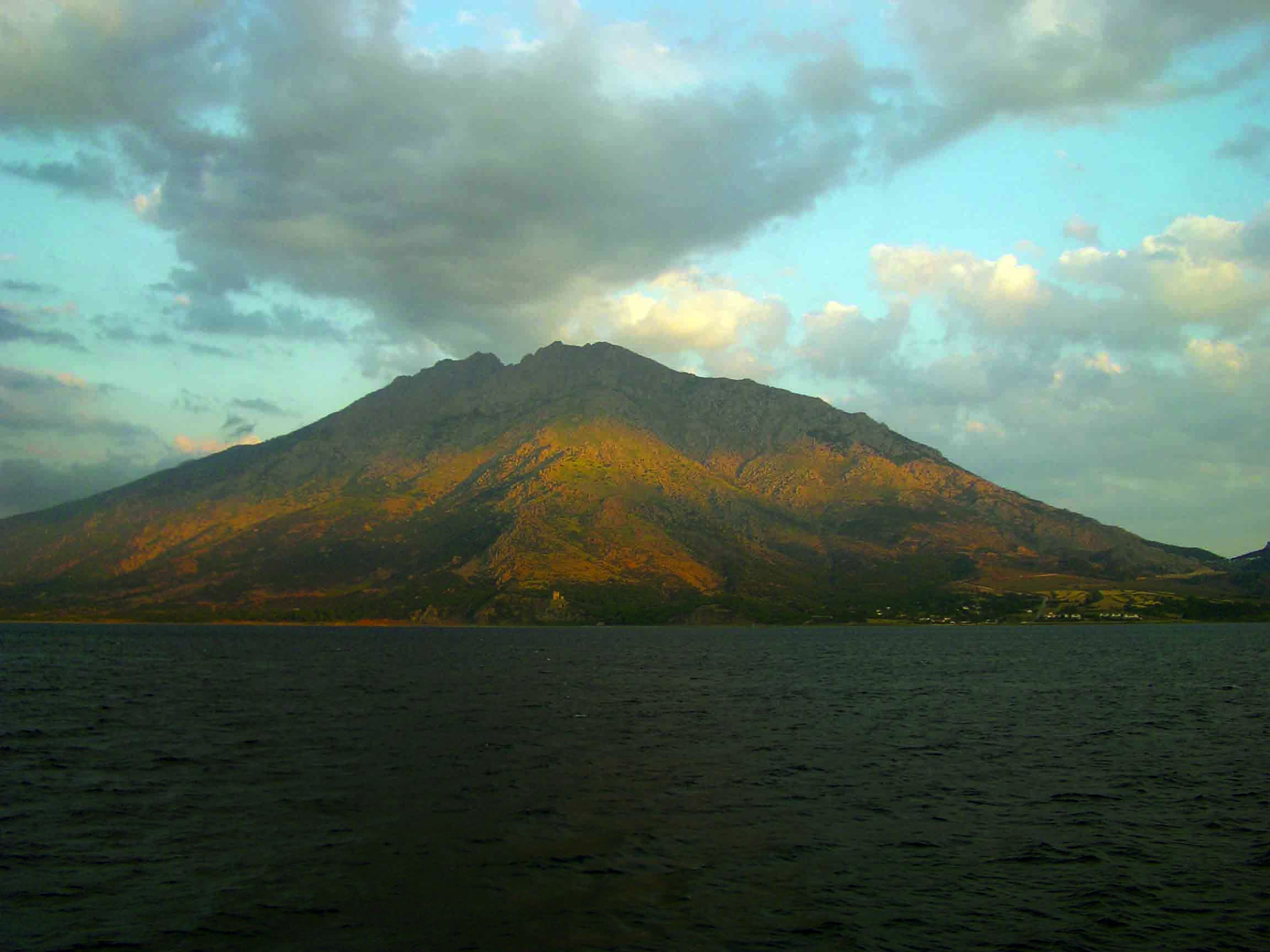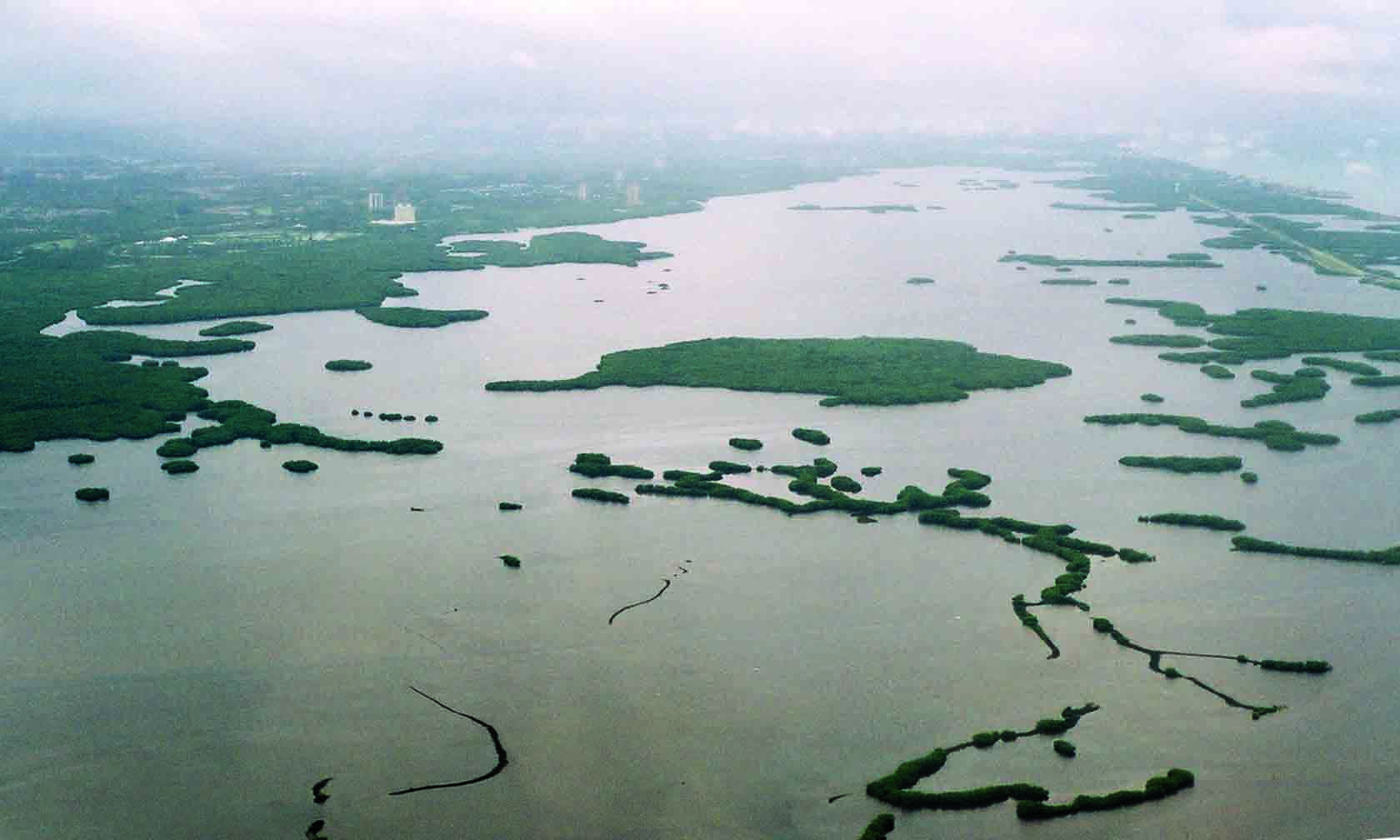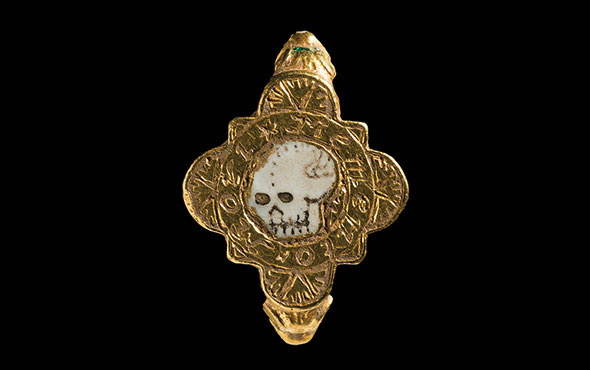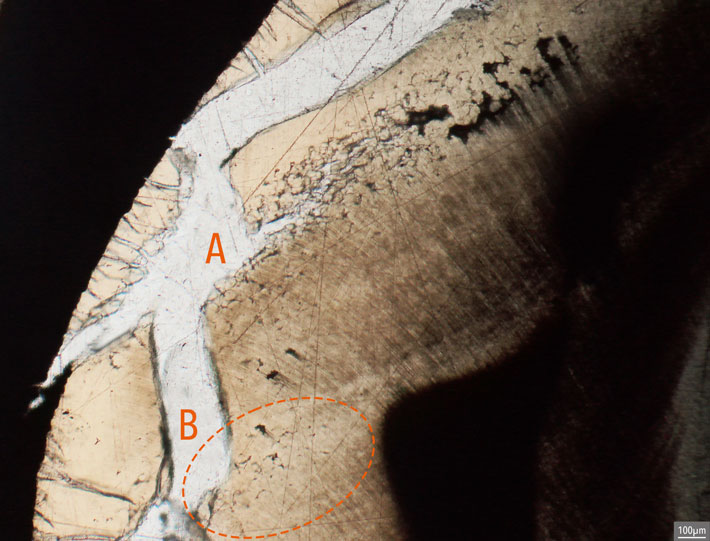
IXELLES, BELGIUM—According to a statement released by the Vrije Universiteit Brussel, scientists Barbara Veselka and Christophe Snoeck have developed a method to detect vitamin D deficiency in cremated human remains. The researchers used 16 pairs of unburnt molars from a cemetery in Koekelberg, Belgium, and one pair of unburnt canine teeth from a cemetery in Broerekerk Zwolle in the Netherlands for the experiment. One tooth from each pair was burned at either 1112, 1472, or 1652 degrees Fahrenheit for either two, four, or eight hours. Beselka and Snoeck then checked all of the teeth for microscopic traces of unmineralized tissue, a sign of vitamin D deficiency. The study found that evidence of vitamin D deficiency was visible even in teeth that had been burned at the highest temperatures. Veselka said the ability to test cremated remains for vitamin D deficiency, which can be caused by lack of exposure to sunlight, could help researchers reconstruct the person’s daily activities. Read the original scholarly article about this research in Scientific Reports. For more on archaeology in the Netherlands, go to "Letter from Rotterdam: The City and the Sea."


